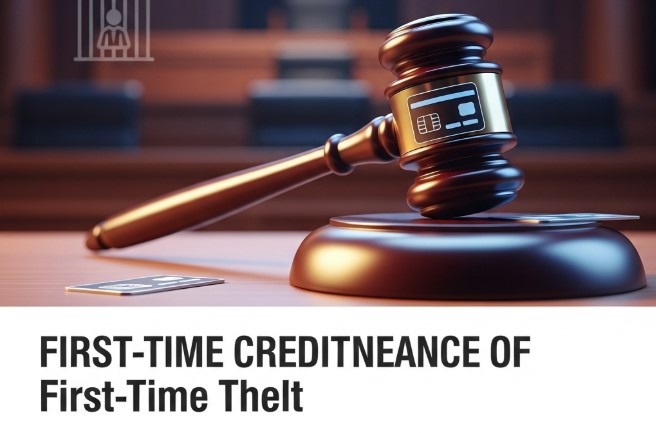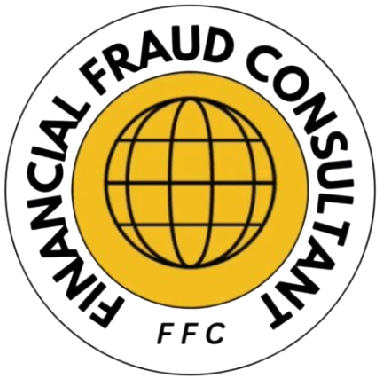
Making a mistake can have lasting repercussions, and when that mistake involves credit card theft, the legal consequences can be surprisingly severe, even for a first-time offender. You might be facing charges for the first time and wondering what the future holds. It’s crucial to understand that even a single instance of credit card theft is taken seriously by the legal system, and the penalties can range from fines and probation to jail or prison time, along with a criminal record that can impact your future.
This interactive guide will break down the potential consequences of first-time credit card theft, drawing on legal frameworks and real-world examples to provide a clear understanding of what you might face.
I. Defining First-Time Credit Card Theft
For the purpose of this discussion, “first-time credit card theft” refers to an individual who has no prior convictions for theft, fraud, or related offenses and is now facing charges for unlawfully taking possession of a credit card belonging to someone else. This could involve physically taking the card, but also situations where someone knowingly comes into possession of a card they know was stolen.
It’s important to note that even if you didn’t use the card fraudulently, the act of theft itself is a crime. If you did use the card to make unauthorized purchases, you could face additional charges related to credit card fraud.
II. State vs. Federal Charges for First-Time Offenders
As legal frameworks often discuss, credit card theft and fraud can be prosecuted at both the state and federal levels. For a first-time offender, the jurisdiction often depends on the specifics of the crime:
- State Charges: Most initial cases of credit card theft, especially if they involve smaller amounts or occur within a single state, are handled at the state level. The penalties will vary based on the state’s specific laws.
- Federal Charges: A first-time offense could still lead to federal charges if the theft involves interstate activity (e.g., using a stolen card from one state to make purchases in another or online from an out-of-state vendor), federally insured financial institutions, or is part of a larger, more organized scheme.
III. Potential Consequences at the State Level for a First-Time Offender
Even without a prior record, the consequences of first-time credit card theft can be significant at the state level. These are generally categorized as misdemeanors or felonies.
Misdemeanor Charges▼
Felony Charges▼
IV. Potential Consequences at the Federal Level for a First-Time Offender
While less common for a truly isolated, small-scale first offense, federal charges are possible, particularly if the crime involves interstate commerce or federally insured institutions.
18 U.S.C. § 1029 i
A first-time offender could face federal charges under this statute if the theft or intended use involved crossing state lines or affected a federally insured institution.
Penalties:
Even for a first-time offender, a conviction under this federal law can result in fines up to $250,000 and imprisonment for up to 10 years, depending on the specifics of the violation [Wallin & Klarich, “Federal Credit Card Fraud (18 USC 1029)”].
Impact of Intent
Regardless of whether it’s a state or federal case, the *intent* behind the theft plays a significant role in the charges and potential penalties. If the intent was merely to take the card versus the intent to use it fraudulently for significant gain, the initial charges might differ. However, possessing a stolen credit card often implies an intent to use it unlawfully.
V. Factors That Can Influence the Outcome for a First-Time Offender
Several factors can influence how a first-time credit card theft case is handled. Click on each factor to learn more:
The Value Involved▼
The Circumstances of the Theft▼
Cooperation with Law Enforcement▼
Legal Representation▼
VI. Long-Term Consequences Beyond Immediate Penalties
Even if a first-time offender avoids significant jail time, a conviction for credit card theft can have long-lasting consequences that extend far beyond court-imposed penalties:
- Criminal Record: A criminal record, whether a misdemeanor or felony, can make it significantly harder to find employment, secure housing, and obtain certain professional licenses.
- Background Checks: Many employers, landlords, and educational institutions conduct background checks. A theft conviction will likely appear and can be a disqualifying factor.
- Financial Repercussions: You may be required to pay restitution to the victim or financial institution. A conviction can also negatively impact your credit score, making it difficult to obtain loans or new credit cards in the future.
- Immigration Consequences: For non-citizens, a theft conviction can have severe immigration consequences, including deportation.
- Reputational Damage: The stigma associated with a theft conviction can affect personal relationships and social standing.
VII. Conclusion
If you are facing charges for first-time credit card theft, it’s vital to understand that the consequences can be serious and long-lasting. While being a first-time offender might influence the sentencing, it does not negate the fact that credit card theft is a crime with potential jail or prison time, significant fines, and a lasting criminal record. Seeking legal counsel immediately is the most important step you can take to understand your rights, explore your options, and work towards the best possible outcome for your situation.
VIII. References
- Texas Penal Code § 31.03. Texas Legislature Online. [Hypothetical Link: Search “Texas Penal Code 31.03” on official Texas statutes website] (Accessed May 24, 2025).
- Helfend Law Group. “Penalties for Credit Card Fraud in California.” Robert M. Helfend Criminal Defense Attorney. https://www.robertmhelfend.com/criminal-defense/fraud/credit-card-fraud-penalties/ (Accessed May 24, 2025).
- Wallin & Klarich. “Federal Credit Card Fraud (18 USC 1029).” Wallin & Klarich, A Law Corporation. https://www.wklaw.com/practice-areas/federal-crimes/federal-credit-card-fraud-18-usc-1029/ (Accessed May 24, 2025).
Disclaimer: This information is for educational purposes only and not intended as legal advice. Laws vary by jurisdiction and can change. If you are facing criminal charges, consult with a qualified attorney in your area.




